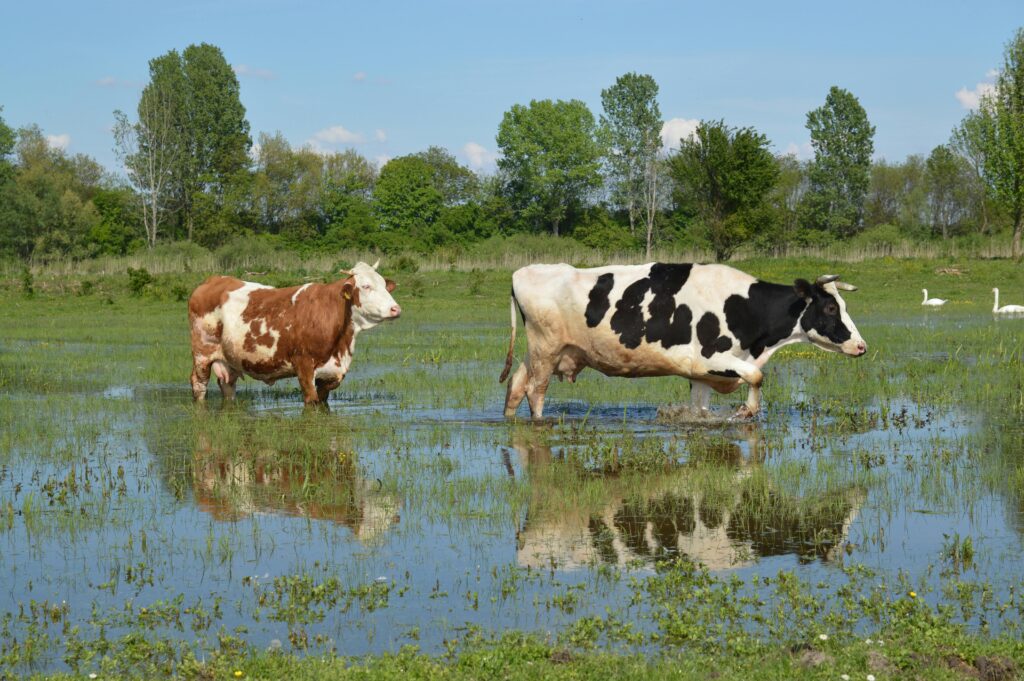Wastewater treatment is a critical aspect of sustainable development, especially in the livestock and agricultural industries. At Livestock Water & Energy, we understand the significance of wastewater treatment and its profound impact on the environment, public health, and resource conservation. In this blog post, we delve into why wastewater treatment is crucial and how our innovative solutions address this pressing need.
The Importance of Wastewater Treatment
- Environmental Protection: Untreated wastewater contains pollutants, pathogens, and chemicals that can harm ecosystems, contaminate water bodies, and endanger aquatic life. Proper treatment removes these contaminants, mitigating environmental degradation and preserving biodiversity.
- Community Wellbeing: Wastewater often carries disease-causing microorganisms, posing significant risks to public health if released untreated. By treating wastewater effectively, we prevent the spread of waterborne illnesses, protecting communities and promoting healthier living environments.
- Resource Recovery: Wastewater contains valuable resources such as water, nutrients, and organic matter. Through advanced treatment processes, we can recover and reuse these resources, reducing dependence on freshwater sources and minimizing waste generation.
- Regulatory Compliance: Compliance with environmental regulations is essential for businesses operating in various industries. Proper wastewater treatment ensures adherence to regulatory standards, avoiding fines, penalties, and reputational damage associated with non-compliance.
Our Approach to Wastewater Treatment
At Livestock Water & Energy, we take a comprehensive approach to wastewater treatment, leveraging innovative technologies and sustainable practices to address the challenges faced by agricultural operations. Our solutions prioritize the following principles:
- Efficiency: Our wastewater treatment plants are designed for optimal efficiency, ensuring thorough removal of contaminants while minimizing energy consumption and operational costs.
- Resource Recovery: We maximize resource recovery through preventing processes like anaerobic digestion thus maximizing nutrient recovery, turning waste into valuable products such as clean water, solid dry fertilizer, and potash.
- Environmental Sustainability: By reducing greenhouse gas emissions, conserving water resources, and promoting circular economy principles, our wastewater treatment solutions contribute to a more sustainable future for industries and communities.
- Customization: We tailor and engineer our wastewater treatment solutions to meet the specific needs and challenges of each client, providing scalable and adaptable systems that deliver measurable environmental and economic benefits.
High Flux Vacuum Membrane Distillation coupled with our proprietary ceramic membranes stand at the forefront of water purification technology, promising unparalleled efficiency and purity. This process operates on the principle of exploiting vapor pressure differences to separate substances from a liquid mixture. Livestock Water & Energy water treatment systems operate this process at a rate far more advanced than any other company in the world, and as a result provide water treatment plants that are technologically superior to any other process.
Conclusion
In summary, wastewater treatment plays a vital role in safeguarding the environment, protecting public health, and promoting resource sustainability. At Livestock Water & Energy, we recognize the importance of responsible wastewater management and are committed to providing cutting-edge solutions that address the complex challenges faced by our clients in the agriculture industry. By investing in wastewater treatment, we not only mitigate environmental risks but also create opportunities for innovation, efficiency, and long-term sustainability. Together, we can build a cleaner, healthier, and more resilient future for generations to come.



